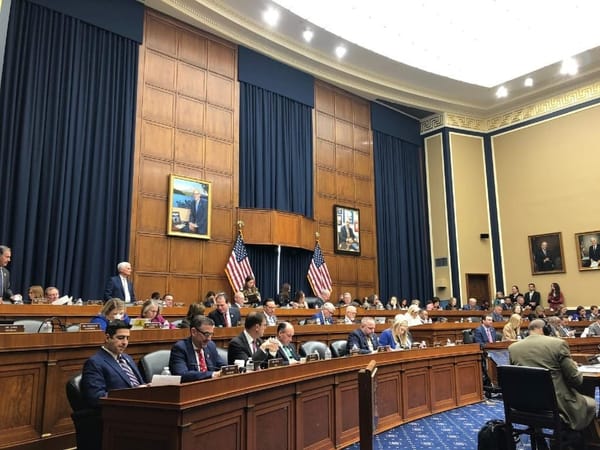North Carolina Launches Program to Prequalify BEAD Awards
Pre-qualification is strongly encouraged, and is designed to streamline the application process for BEAD.

Pre-qualification is strongly encouraged, and is designed to streamline the application process for BEAD.

September 16, 2024 – The North Carolina Department of Information Technology's (NCDIT) Division of Broadband and Digital Equity on Monday announced that it had initiated the pre-qualification process for internet service providers to participate in the federal Broadband Equity, Access, and Deployment program.
 Broadband BreakfastState Broadband
Broadband BreakfastState Broadband
NCDIT Deputy Secretary Nate Denny said, "The BEAD program will connect all North Carolinians to affordable, reliable high-speed internet by 2030, enhancing opportunities for remote work, education, and telehealth."

What constitutes an 'invidious' DEI policy in regulators' eyes?

Democrats warn the law will fall flat without a functional FTC to enforce it.

Providers had asked for several changes, including to how the agency determined the presence of unsubsidized competitors.

Supporters argue the bill would preserve agency expertise in complex rulemaking